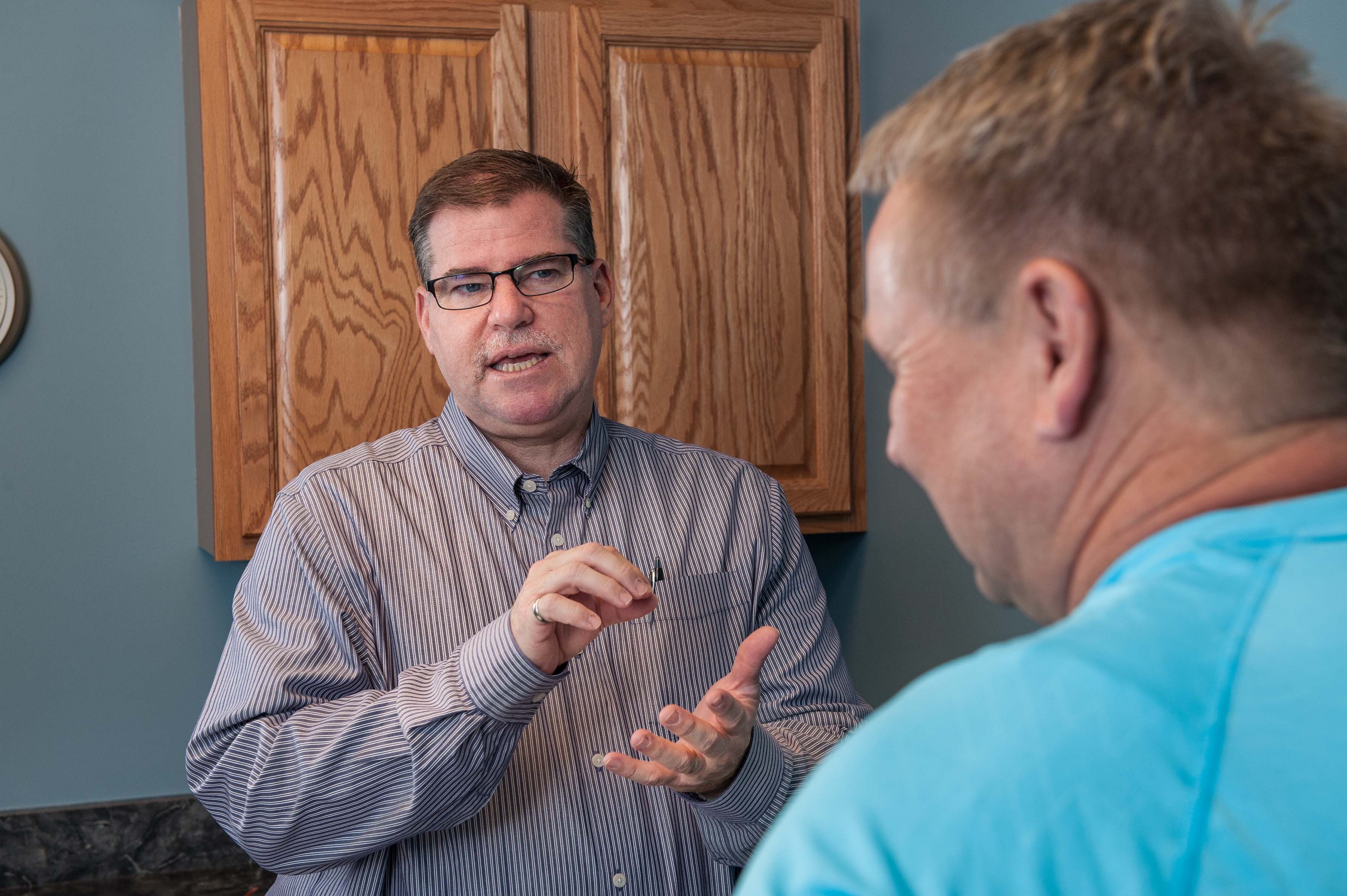
30 Apr Let Me Tell You Something…
From time to time I step back and listen to myself talk to patients. Mostly I cringe, sometimes I’m proud, and at times I just laugh at what comes out of my mouth. What I am most aware of, not only from myself and from also listening to my colleagues, is the amount of jargon that comes out of our mouths. Retract your scapula, tighten your core, strengthen your quad, squeeze your glutes. Not only is this slightly amusing, but I am sure it is somewhat confusing as well. So, I decided to provide a glossary of common jargon and other common phrases to instruct and amuse.
- Retract your Scapula: squeeze your shoulder blades together to improve your posture!

- Tighten your core: Core muscles surround the spine and pelvis and support the trunk. In general terms, core muscles refer to the lower abdominal muscles. “Tighten your core” refers to tightening your muscles in the lower abdomen to better support the spine and pelvis.
- Strengthen your quad: Your quadricep is the large muscle in front of your thigh. Strength of the quadricep is critical for climbing stairs, squatting, and for controlling the movement and stability of the kneecap.
- Squeeze your glutes: your gluteal muscles are the large muscles in your rear that control the hip and pelvis, and are often referred to as the glutes. “Squeeze your glutes” is our way of telling you to tighten your rear end muscles, whether for strengthening or for control or positioning of your hip joint.
- That’s not normal: There is a good chance that you would hear this every day if you spent considerable time with us in the clinic. Sometimes we are so focused on finding issues that we can assist with (strength, range of movement, movement patterns, etc.), that we must sound gleeful. When we say, “that’s not normal,” what we are really saying is, “hey, here’s something that we can work on that will make you feel better.” Don’t be offended, we’re movement nerds!
- Stand up straight: In addition to being movement nerds, we are part of the Posture Police. Good posture makes us smile, because it removes a whole host of issues that we would otherwise need to address. When we say, “stand up straight,” we are trying to assess your ability to move from the posture you prefer to one that we prefer. The differences that we find will go on your homework list.
- You’re bendy: I first heard this phrase from a colleague from down under, and it resonated with me as the perfect way to describe someone with loose tissue in a very tangible way. When I say, “you’re bendy,” I am referring to the amount of mobility in your joints that allows you to move so freely, and sometimes so much that it causes problems. The solution for bendiness? Strength, muscle control, and posture.
- We don’t treat X-Rays or MRIs: The truth is, our treatment is based mainly on our discussion with you and our examination of your movement, posture, tissue irritability, and strength. X-Rays and MRIs are helpful to rule out the possibility of suspected underlying problems, giving us all more confidence in your care. But on a day-to-day basis, if no underlying problems are suspected, X-Rays and MRI just tell us about mostly normal wear and tear changes that are the result of an active life. If we suspect anything out of the ordinary, we speak with your physician. (And, you might want to know, some of us have X-Ray vision.)
- Don’t let your knee fall in: On the face of it, this sounds very strange. What we are pointing out to you is the fact that your knee joint moves inward when you walk or squat. Generally, when we say “don’t let your knee fall in,” we are giving you cues to use your hip muscles to help your knee track over your foot as you squat, walk, or rise from a chair.
- Thank You: Something that I hope that you hear from us frequently is “thank you.” Thank you for trusting us with your care, thank you for doing your homework to assist us in getting you back to an active life sooner, and thank you for telling your family, friends, neighbors, fraternity brothers, cheer squad moms, and your physician that we were able to expertly and professionally solve your problems.
Jargon can be humorous, but it can also be confusing. Never hesitate to ask your Physical Therapist for clarification if we use phrases that leave you confused. Our goal is to clarify and educate, so the dialogue needs to be clear. And, if you are having pain or movement problems that are leaving you less than clear about your active life, contact one of our convenient locations to schedule an appointment.
To your best movement,




